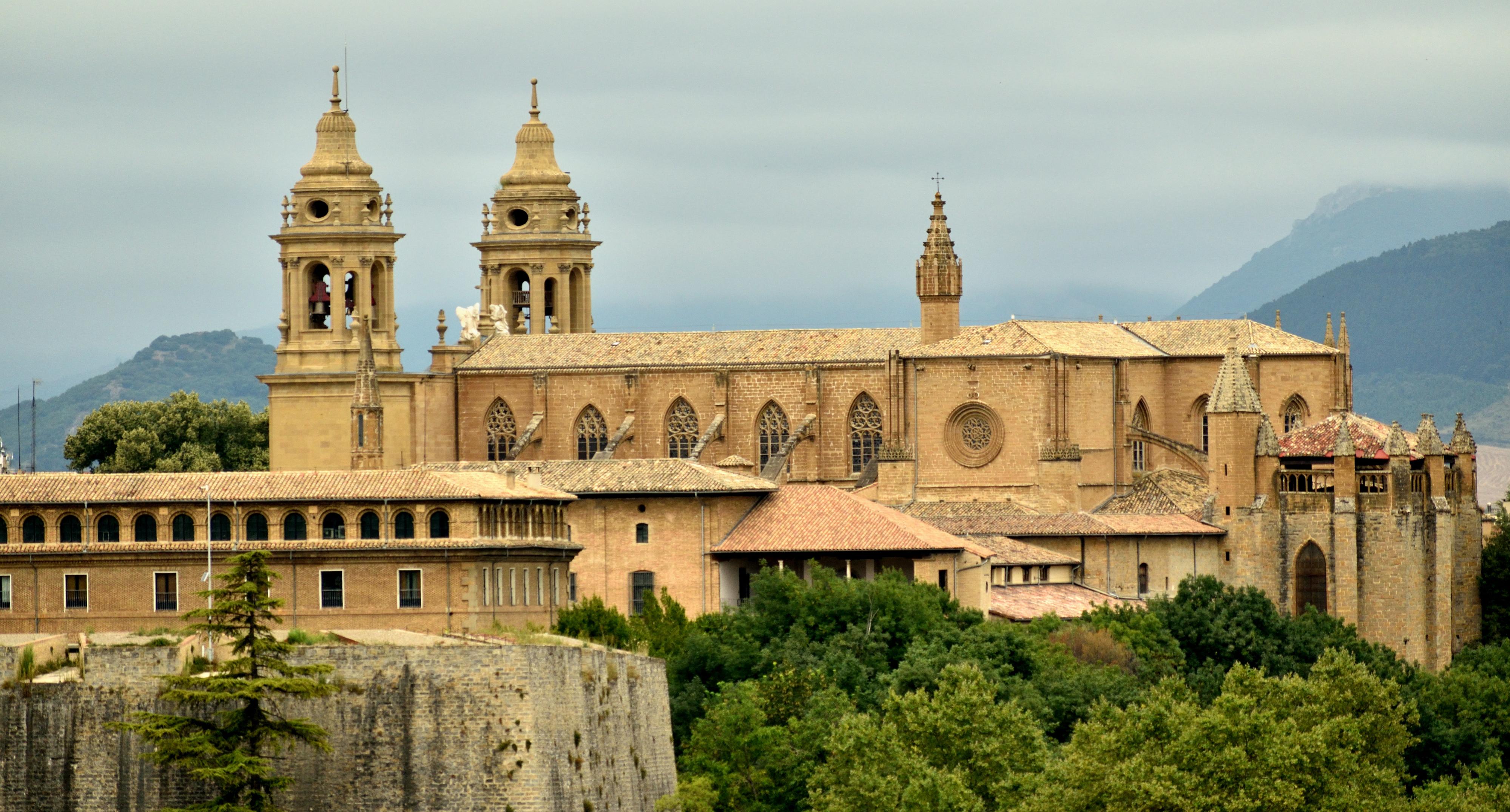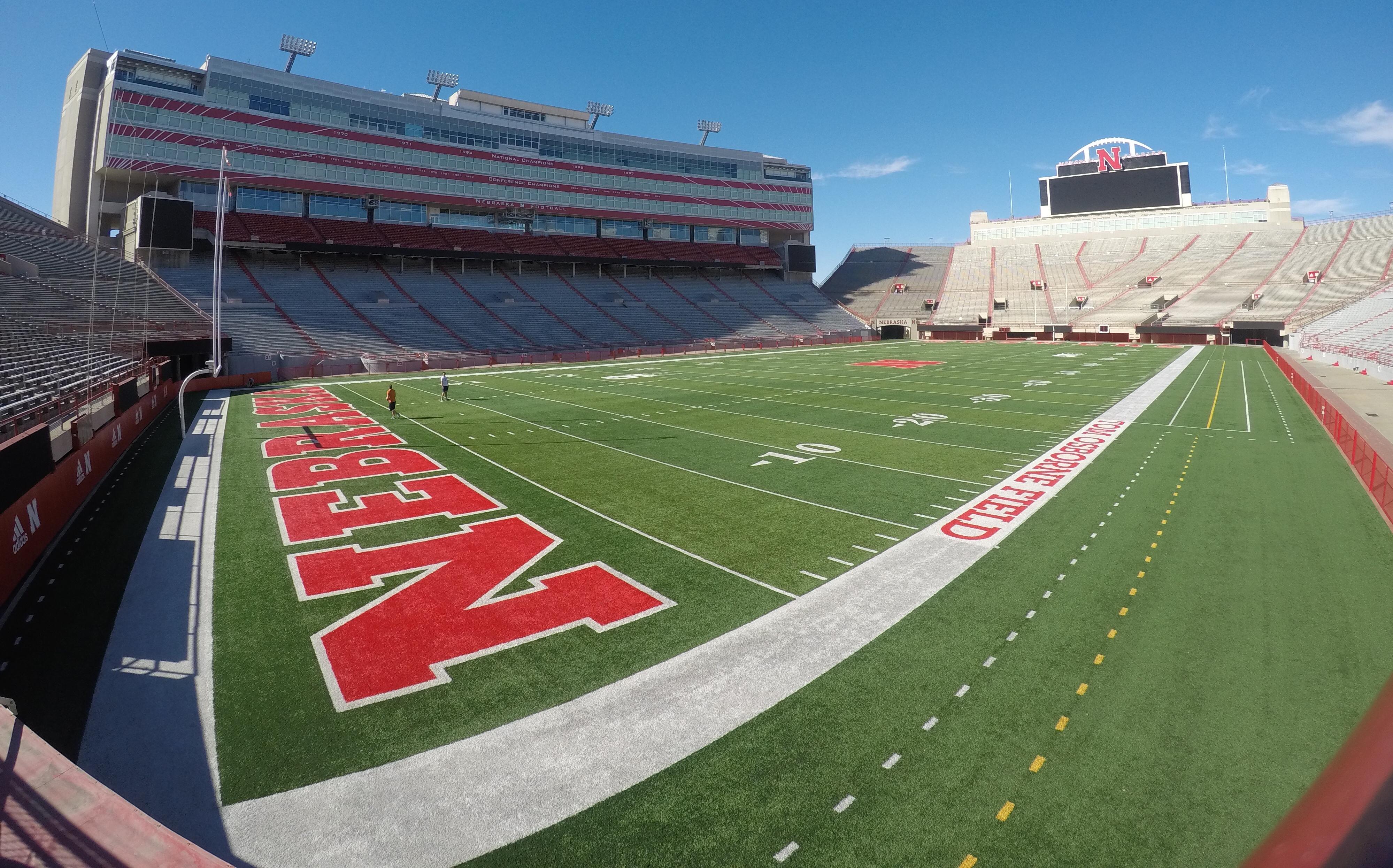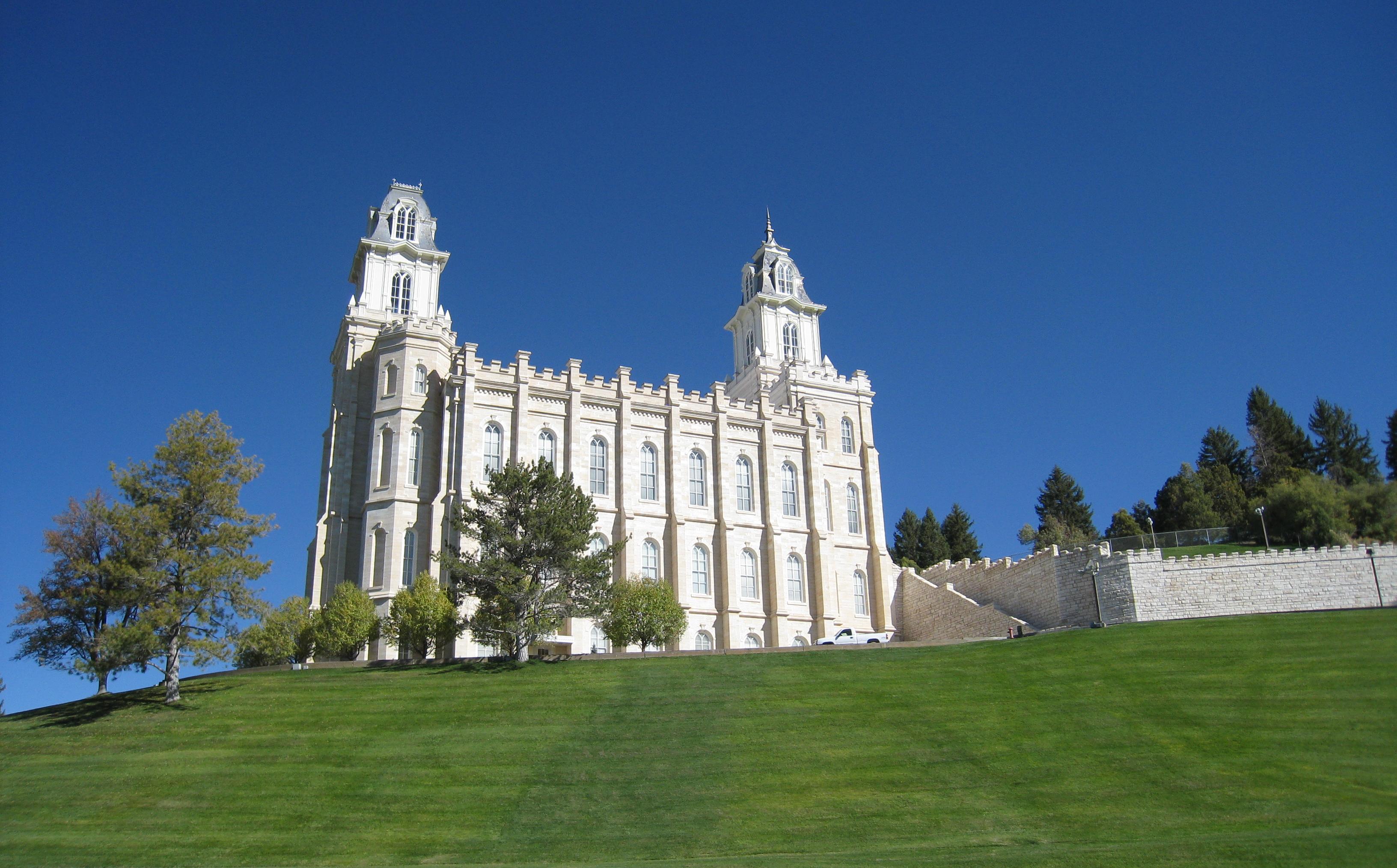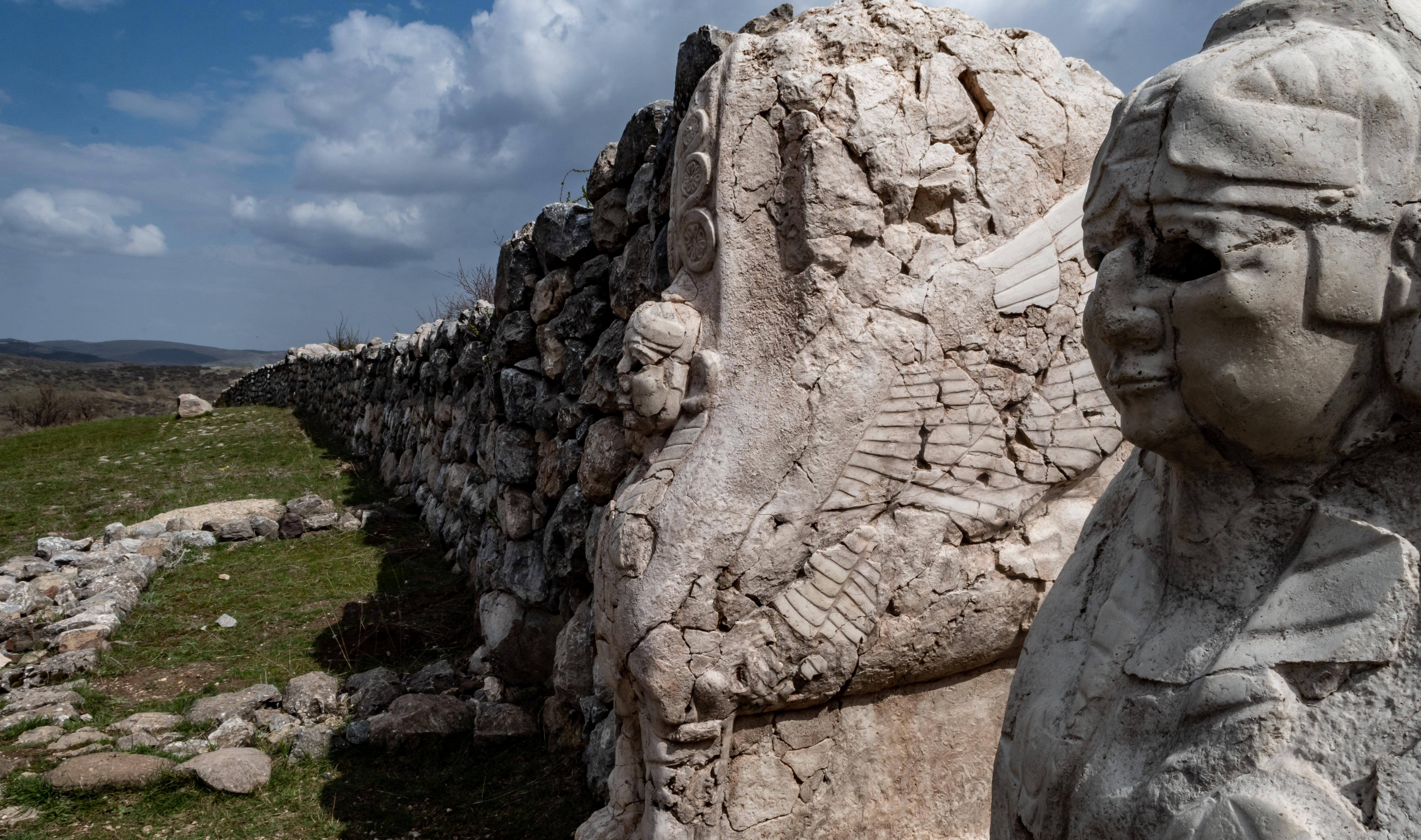The 13 Most Ancient-Looking Stadiums Still Used Today
In a world where modernity often overshadows the past, some structures stand as timeless sentinels, bridging the gap between history and the present. Among these are stadiums that, despite the march of time, continue to host events, drawing crowds to their ancient-looking stands. These arenas are more than just venues; they are living museums, each with stories etched into their stone and steel. This exploration delves into 13 such stadiums, examining their historical significance, architectural marvels, and the role they play in connecting us to a bygone era. Join us as we journey through time and space to uncover the secrets of these storied arenas.
The Colosseum: Rome's Eternal Arena

The Colosseum, though no longer hosting gladiatorial contests, remains a symbol of ancient Rome's grandeur and engineering prowess. Constructed in AD 80, this iconic amphitheater once seated 50,000 spectators, witnessing spectacles that ranged from brutal combat to theatrical performances. Today, it stands as a testament to Roman architectural ingenuity, with its complex system of vaults and arches. Despite the ravages of time and earthquakes, the Colosseum continues to captivate millions of visitors annually, serving as a poignant reminder of Rome's imperial past and its enduring influence on stadium design worldwide.








